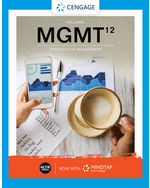GCC Moodle - Course Portal
-
-
We aim to provide the best possible online Samsons learning experience!
Submit feedback here for Moodle, Courses, Activities, etc. -
Please use this link to create a support ticket through our Helpdesk. If you have any problems creating a ticket or can't sign in to create a ticket, please contact gcc.it@gogebic.edu.
-
Course categories
Skip available courses
Available courses
- Teacher: Lucas Wyzlic
- Teacher: Karen Balyeat
- Teacher: Karen Balyeat
- Teacher: Steven Kopf
- Teacher: Pat Strand

- Teacher: Melissa Helppi
- Teacher: Trevor Ploe

- Teacher: Melissa Helppi
- Teacher: Trevor Ploe
- Teacher: Karen Balyeat
- Teacher: Melissa Helppi
- Teacher: Steven Kopf
- Teacher: Trevor Ploe
- Teacher: Pat Strand
- Teacher: Anna Mooi
- Teacher: Lucas Wyzlic
- Teacher: Tammy Carroll
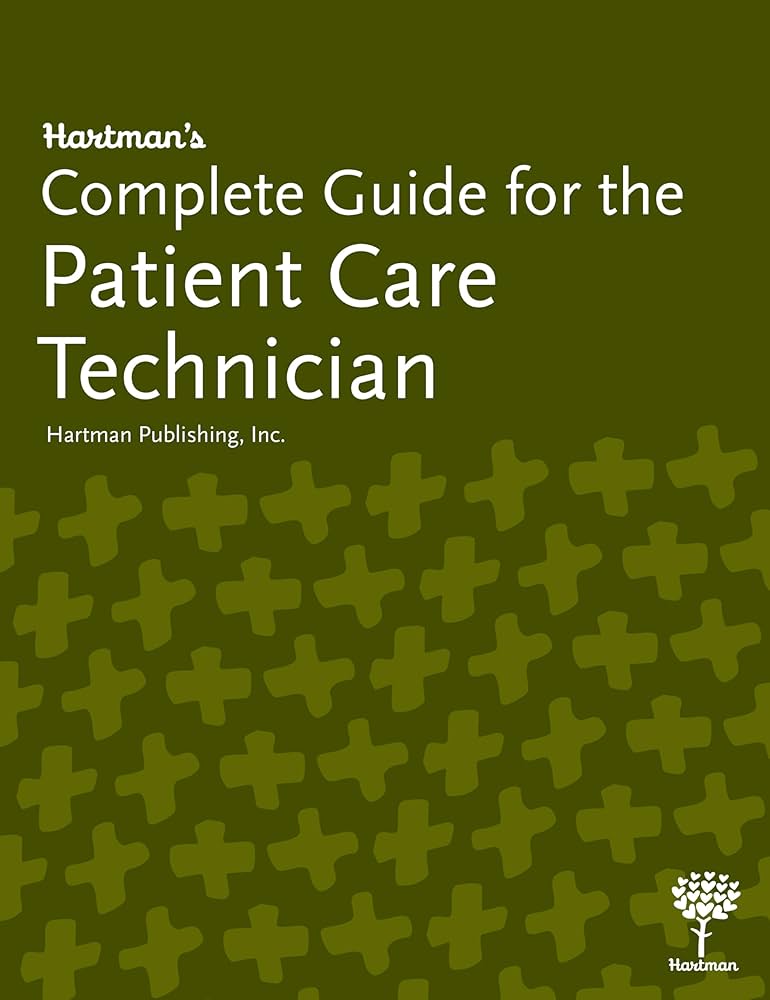
This course prepares high school students for a career as a Patient Care Technician (PCT) using the Hartman’s Patient Care Technician textbook and the National Healthcare Association (NHA) certification exam. Students will gain essential skills in patient care, including vital signs, phlebotomy, EKG monitoring, and assisting with daily living activities. The course emphasizes therapeutic communication, culturally competent care, and patient safety. Hands-on clinical experience and interactive learning will help students build the confidence and knowledge needed to succeed in the healthcare field and pass the NHA certification exam.
- Teacher: Moodle Admin
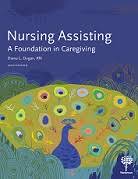
This course prepares high school students for a career in healthcare as a Certified Nursing Assistant (CNA). The curriculum includes hands-on skills practice, classroom instruction, and clinical experience in a long term care facility. Upon successful completion, students will be eligible to take the state CNA certification exam, opening opportunities for employment in hospitals, nursing homes, and home health care.
- Teacher: Moodle Admin
This course will provide students information on the Nurse Aide course and requirements.
- Teacher: Robin Bock
- Teacher: Tammy Carroll
- Teacher: Nicole Rowe
- Teacher: Michelle Smith
- Teacher: Robin Bock
- Teacher: Nicole Rowe
- Teacher: Michelle Smith
- Teacher: Robin Bock
- Teacher: Nicole Rowe
- Teacher: Michelle Smith
Clinical Onboarding requirements for Memorial Medical Center and NorthLakes Clinics
- Teacher: Robin Bock
- Teacher: Nicole Rowe
- Teacher: Robin Bock
- Teacher: Nicole Rowe
- Teacher: Michelle Smith
Online orientation information for UP Health Portage. Must be completed prior to clinical.
- Teacher: Nicole Rowe
Onboarding materials for UP Health Marquette
- Teacher: Karen Balyeat
- Teacher: Robin Bock
- Teacher: Nicole Rowe
- Teacher: Karen Balyeat
- Teacher: Robin Bock
- Teacher: Nicole Rowe
- Teacher: Michelle Smith
- Teacher: Lisa Stratman
- Teacher: Gary Gouin

- Teacher: Gary Gouin

- Teacher: Gary Gouin

- Teacher: Gary Gouin
- Teacher: Gary Gouin
- Teacher: Dennis Svoke
- Teacher: Jon Ocker
- Teacher: Jon Ocker
- Teacher: Jon Ocker
- Teacher: Jon Ocker
- Teacher: Jon Ocker
- Teacher: Dennis Svoke
- Teacher: Connie Hicks
- Teacher: Dennis Svoke
- Teacher: Dennis Svoke
- Teacher: Derrick Jeske
- Teacher: Derrick Jeske
- Teacher: Derrick Jeske
- Teacher: Derrick Jeske
- Teacher: Derrick Jeske
- Teacher: Eric Olsen
- Teacher: Eric Olsen
- Teacher: Eric Olsen
- Teacher: Dennis Svoke
- Teacher: Dennis Mackey

- Teacher: Angela Kortemeier

- Teacher: Angela Kortemeier
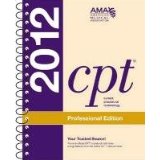
- Teacher: Angela Kortemeier

- Teacher: Angela Kortemeier

- Teacher: Angela Kortemeier

- Teacher: Angela Kortemeier
- Teacher: Yolanda Lozano
- Teacher: Yolanda Lozano
- Teacher: Yolanda Lozano
- Teacher: Yolanda Lozano
Prerequisite: Prior programming experience or permission of the instructor.
- Teacher: Yolanda Lozano
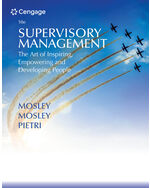
- Teacher: Kady Meinke
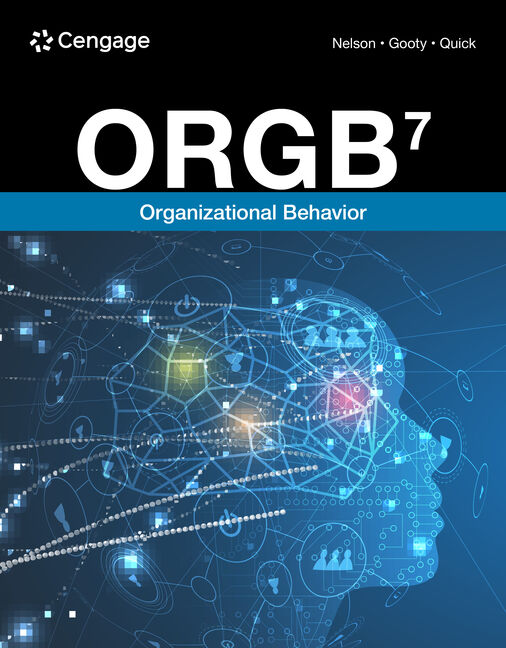
- Teacher: Kady Meinke
- Teacher: Kari Klemme
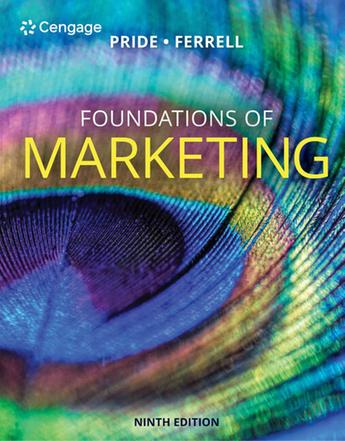
- Teacher: Glen Ackerman-Behr
- Teacher: Glen Ackerman-Behr
- Teacher: Leah Hagen-Harris
- Teacher: Beth Steiger

- Teacher: Glen Ackerman-Behr
- Teacher: Glen Ackerman-Behr

Students that have taken CPL200 should NOT take BUS161.
- Teacher: Kady Meinke

Students that have taken CPL200 should NOT take BUS161.
- Teacher: Kady Meinke

- Teacher: Glen Ackerman-Behr
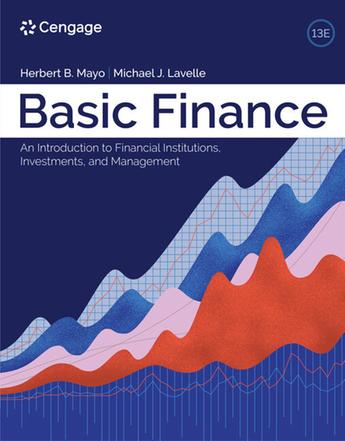
- Teacher: Glen Ackerman-Behr
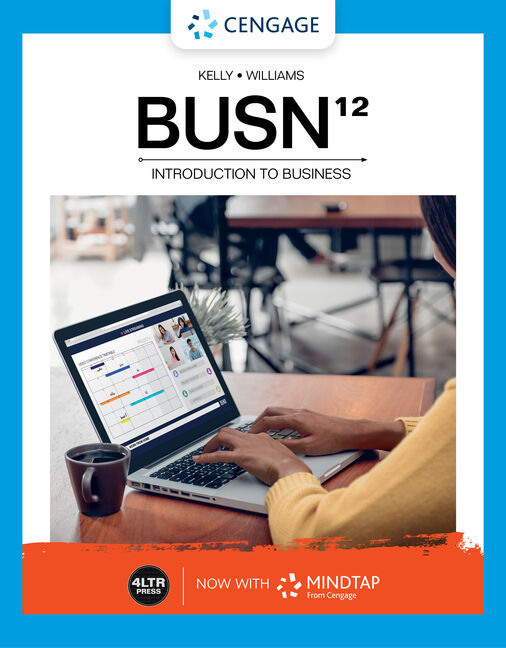
- Teacher: Kady Meinke
- Teacher: Beth Steiger
- Teacher: Dennis Mackey
- Teacher: Dennis Mackey
- Teacher: Beth Steiger
- Teacher: Beth Steiger

- Teacher: Denise Vandeville
- Teacher: Saja Albuarabi

- Teacher: George Ackerman-Behr

- Teacher: George Ackerman-Behr
- Teacher: Cynthia Brandon-Slocum

- Teacher: Cynthia Brandon-Slocum

- Teacher: Cynthia Brandon-Slocum

- Teacher: Andrew Burt

- Teacher: Gillian Van Treese
- Teacher: Saja Albuarabi

- Teacher: Gillian Van Treese

- Teacher: Andrew Burt

- Teacher: Andrew Burt
- Teacher: Pamela Jansson

- Teacher: Andrew Burt
- Teacher: Cynthia Brandon-Slocum

- Teacher: Gillian Van Treese
- Teacher: Saja Albuarabi

- Teacher: Cynthia Brandon-Slocum

- Teacher: Gillian Van Treese

- Teacher: Gillian Van Treese

- Teacher: Andrew Burt
- Teacher: Leah Hagen-Harris
- Teacher: Cindy Horner
- Teacher: Katherine Webster
- Teacher: Katherine Webster
- Teacher: Cindy Horner
- Teacher: Katherine Webster
- Teacher: Cindy Horner
- Teacher: Katherine Webster
- Teacher: Glen Ackerman-Behr
- Teacher: Glen Ackerman-Behr
- Teacher: Brian Anderson
- Teacher: John Sokol
- Teacher: Brian Anderson
- Teacher: John Sokol
- Teacher: Andrew Wirt
- Teacher: Fangyao Zhu
- Teacher: Andrew Wirt
- Teacher: John Sokol
- Teacher: Andrew Wirt
- Teacher: Fangyao Zhu
- Teacher: John Sokol
- Teacher: Andrew Wirt
- Teacher: Fangyao Zhu
- Teacher: Andrew Wirt
- Teacher: Andrew Wirt
- Teacher: Fangyao Zhu
- Teacher: John Sokol
- Teacher: Chenin Limback
- Teacher: Serena Mershon-Lohkamp
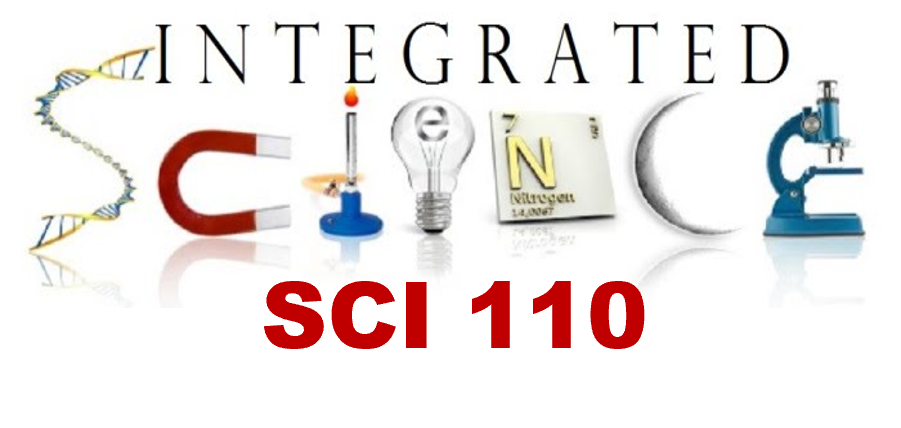
- Teacher: Serena Mershon-Lohkamp

- Teacher: Serena Mershon-Lohkamp
- Teacher: Brian Anderson
- Teacher: Brian Anderson

- Teacher: Serena Mershon-Lohkamp
- Teacher: Charles Norgren
- Teacher: Chenin Limback
- Teacher: Charles Norgren
- Teacher: Greggory Jennings
- Teacher: William Perkis
- Teacher: Charles Norgren
- Teacher: Chenin Limback

- Teacher: Serena Mershon-Lohkamp
- Teacher: Matthew Gage
- Teacher: Matthew Gage

- Teacher: Maria Sokol
- Teacher: Matthew Gage

- Teacher: Maria Sokol
- Teacher: Chenin Limback
- Teacher: Katy Matson
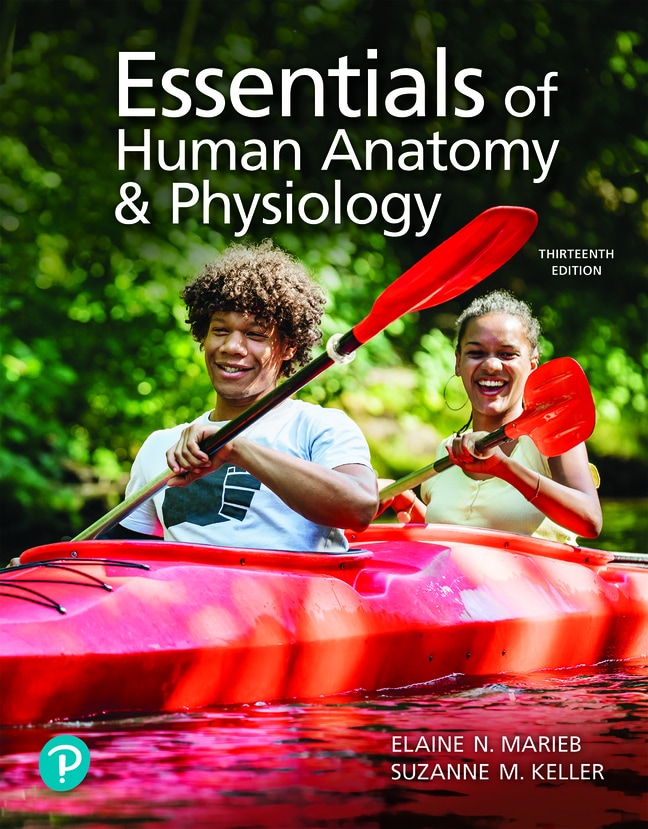
- Teacher: Maria Sokol
- Teacher: Chenin Limback
- Teacher: Heather McGee

- Teacher: Becky Bramlett
workers perform in a variety of settings and acquaint them with the primary skills and practices of
generalist social work. Students will also be introduced to the historical background, core values
and ethics of social work and be exposed to issues of diversity, oppression, and social justice.
- Teacher: Eric Walters
- Teacher: Eric Walters

- Teacher: Tara Tregembo
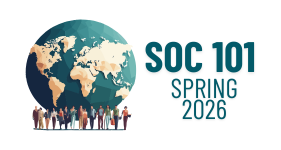
- Teacher: Dayle Jackson

- Teacher: Tara Tregembo
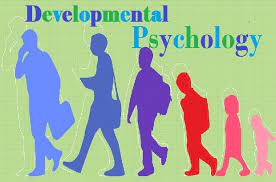
- Teacher: Tara Tregembo

- Teacher: Tara Tregembo
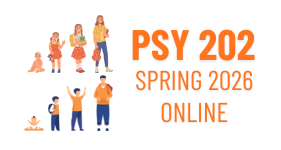
- Teacher: Dayle Jackson
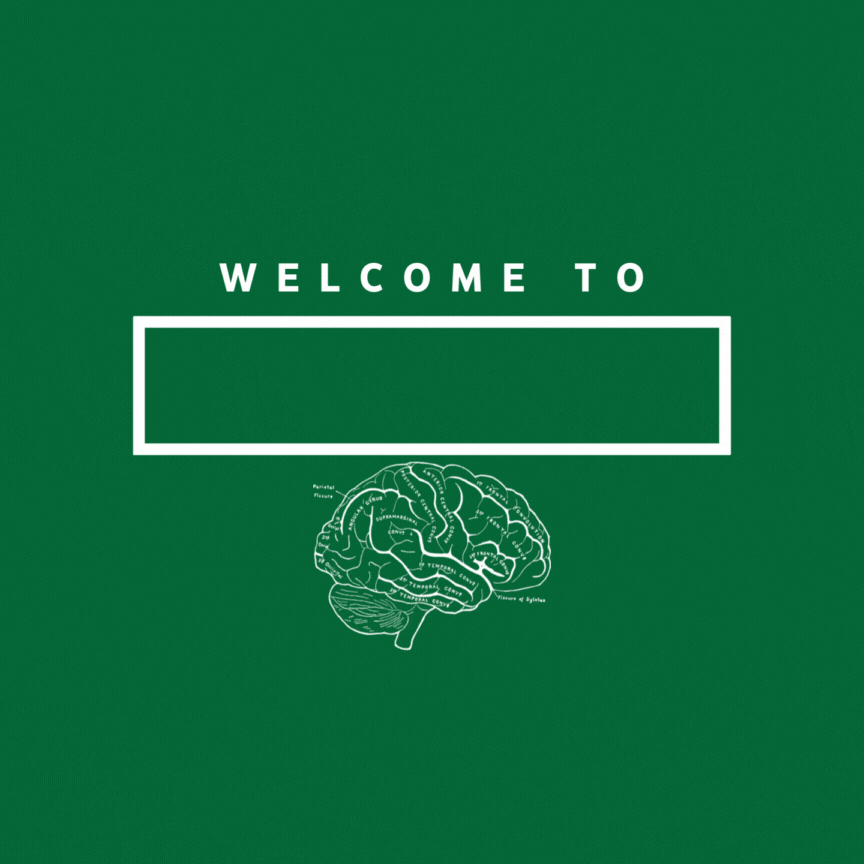
- Teacher: Jesse Carroll
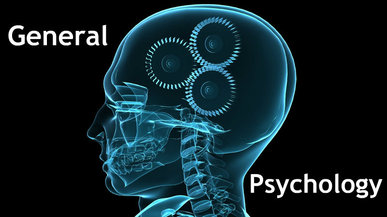
- Teacher: Tara Tregembo
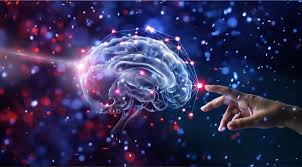
- Teacher: Tara Tregembo
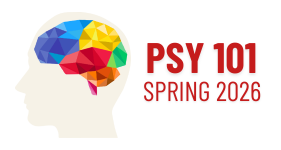
- Teacher: Dayle Jackson
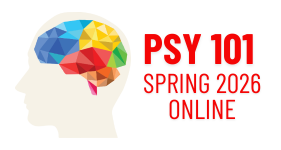
- Teacher: Dayle Jackson
- Teacher: Jared Evans
- Teacher: Kara Johnson
- Teacher: Donald Brooks
- Teacher: Ian Lewis
- Teacher: John Austin
- Teacher: Kara Johnson
- Teacher: Kara Johnson
- Teacher: Kara Johnson
- Teacher: Will Andresen

- Teacher: Karen Ball

- Teacher: Karen Ball

Students should plan to be available during the time listed for this course. About half of the class meetings will be in-person and the others will be remote and/or replaced with outside class assignments.
- Teacher: Karen Ball
- Teacher: Dennis Mackey
- Teacher: Dennis Mackey
- Teacher: Dennis Mackey
- Teacher: Beth Steiger

- Teacher: Karen Ball
- Teacher: Heather McGee
- Teacher: Heather McGee
- Teacher: Kris Michel
- Teacher: Carrie Yon

- Teacher: Becky Bramlett
- Teacher: Carrie Yon
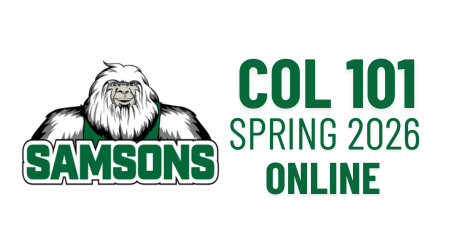
- Teacher: Karen Ball
- Teacher: Jared Evans
- Teacher: Leah Hagen-Harris
- Teacher: Dayle Jackson
- Teacher: Kara Johnson
- Teacher: Tara Tregembo

- Teacher: Becky Bramlett
- Teacher: Jim Vanderspoel
- Teacher: Jim Vanderspoel
- Teacher: Jim Vanderspoel
- Teacher: Jim Vanderspoel
